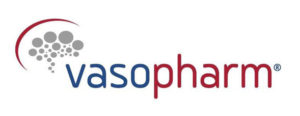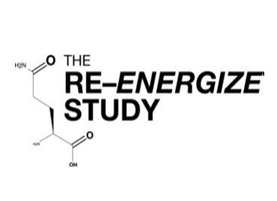
SRMRC research team wins international prize


Huge congratulations to Mr David Davies (NIHR SRMRC Research Fellow and Clinical Lecturer in Neurosurgery at the University of Birmingham), Professor Tony Belli (NIHR SRMRC Director and Academic Neurosurgeon at the University of Birmingham) and Dr Kamal Yakoub (Clinical Research Fellow) who have been prestigiously awarded “Best abstract in Neurotrauma” at the 19th European Congress of Neurosurgery 2019, held in Dublin.
The award was bestowed on them for their exciting abstract “Serum miR-502: A sensitive biomarker in the diagnosis of concussion in patients with normal structural brain imaging”, which explored the use of microRNA molecules in diagnosing the severity of brain injuries in people where no obvious pathological abnormality appears using MRI scans.
The awarding committee asserted that although further ongoing investigation was required, the group’s novel approach to biomarkers that can be detected without a disruption in the blood brain barrier was certainly “a key opportunity to resolve milder and later presenting injuries”.
Of the award, Mr Davies added “From my point of view, this topic needs more work. The group and I are currently undertaking this in the Birmingham Concussion Clinic (a flagship research clinic) however, it represents a paradigm shift from previous efforts to find fragments related to brain tissue injury. We are not trying to observe the signalling process around a concussive event. It may indeed not only help us diagnose cases of concussion, but direct us to the critical, basic physiology that underpins the condition. “
This research is part of the ongoing REpetitive COncussion in Sport (RECOS) study, being led by the University of Birmingham’s College of Medical and Dental Sciences and University Hospital Birmingham through the NIHR SRMRC. RECOS aims to assess the relationship between brain imaging techniques (e.g. MRI scan), blood, saliva and urine biomarkers, and neurophysiological tests in assessing the duration and extent of the window of brain metabolic vulnerability following single and repetitive concussion. In turn, this information may support pitch-side and outpatient clinical decision making in order to objectively diagnose concussion, guide a safe return to play and identify the potential predictors of the long-term effects of concussion.





